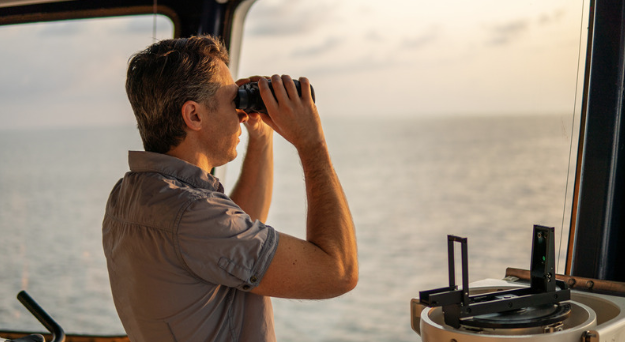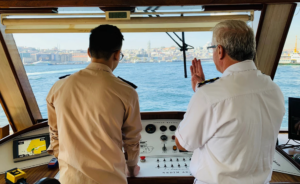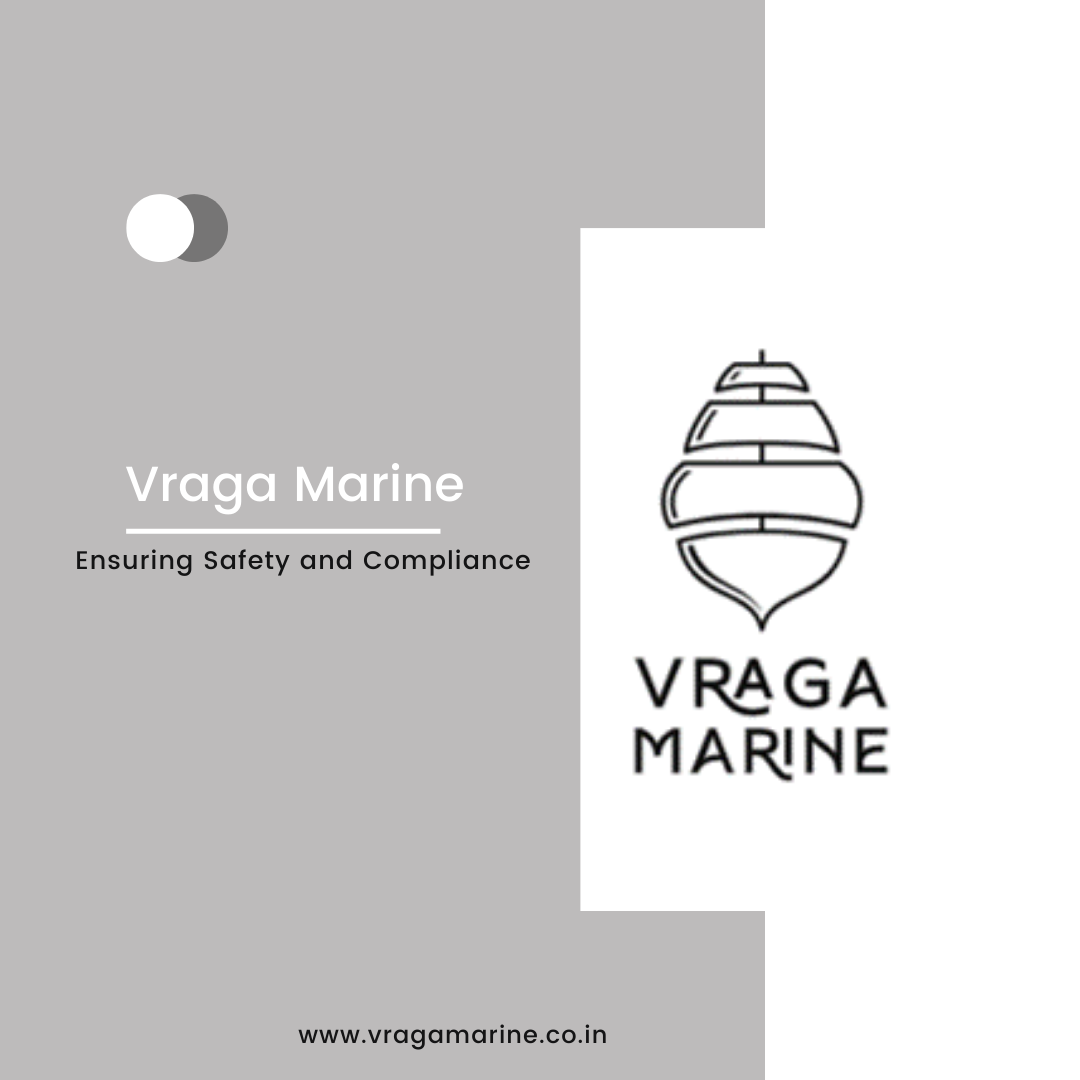Responsibilities of the Master
The responsibilites of the Master on a ship are immense. As the highest-ranking officer onboard, the Master’s decisions and actions directly impact the safety of the crew, the integrity of the vessel, and the protection of the marine environment. This guide explores the multifaceted responsibilities that come with this crucial position.
Ensuring Compliance and Safety
A primary responsibility onboard as a Master is to ensure that the vessel operates in full compliance with national and international maritime laws and regulations. This includes:
- Adhering to the International Convention for the Safety of Life at Sea (SOLAS)
- Following the International Convention for the Prevention of Pollution from Ships (MARPOL)
- Complying with the Maritime Labour Convention (MLC)
- Complying with STCW
The Master must stay updated on changes in maritime legislation and ensure that all crew members are aware of and follow these regulations.
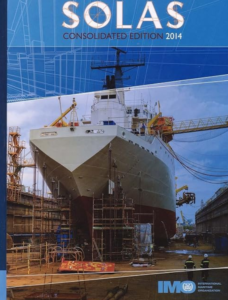
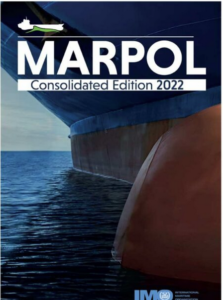
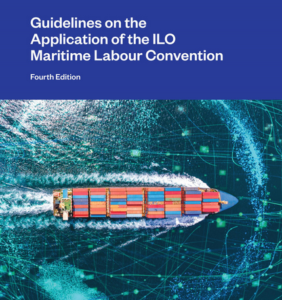
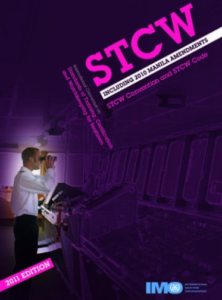
Safety of Navigation
One of the most critical aspects of a Master’s responsibility is ensuring the safe navigation of the vessel. This involves:
- Planning and executing safe routes
- Maintaining proper watchkeeping arrangements
- Overseeing the use of navigational equipment and charts
- Making decisions in adverse weather conditions
The Master must also ensure that all navigational records are accurately maintained and up-to-date.
Creating a Safe Working Environment
The Master is responsible for fostering a culture of safety onboard. This includes:
- Conducting regular safety drills and training sessions
- Ensuring proper use of personal protective equipment (PPE)
- Implementing and enforcing safety protocols for all shipboard operations
- Addressing safety concerns raised by crew members promptly
A safe working environment not only protects the crew but also contributes to the overall efficiency of shipboard operations.
Implementing Safety Management Systems
The Master plays a crucial role in implementing the company’s Safety Management System (SMS). This involves:
- Ensuring all crew members understand and follow SMS procedures
- Conducting regular safety meetings and audits
- Updating the SMS based on lessons learned from incidents or near-misses
- Promoting a culture of continuous improvement in safety practices
An effective SMS is essential for minimizing risks and ensuring the vessel’s safe operation.
Facilitating Safety Roles
The Master must support and facilitate the work of other safety-related roles onboard, including:
- The Safety Officer, who is responsible for day-to-day safety matters
- The Safety Committee, which discusses and addresses safety concerns
- Designated persons for specific safety tasks, such as fire safety or medical care
By empowering these roles, the Master ensures a comprehensive approach to onboard safety.
Maintaining Certifications and Operating Limitations
Another crucial responsibility of the Master is to ensure that:
- All required certifications for the vessel and crew are valid and up-to-date
- The vessel operates within its prescribed limitations, such as cargo capacity and stability requirements
- Regular inspections and maintenance are carried out to maintain the vessel’s seaworthiness
Failing to meet these requirements can lead to serious legal and safety consequences.
Reporting Incidents
The Master has a duty to report any accidents, incidents, or near-misses that occur onboard. This includes:
- Submitting detailed reports to the appropriate authorities, such as the Marine Accident Investigation Branch (MAIB) in the UK
- Conducting initial investigations into incidents
- Cooperating with external investigators when required
Accurate and timely reporting is crucial for improving maritime safety industry-wide.
Providing Assistance at Sea
A long-standing maritime tradition, codified in international law, is the duty to render assistance to vessels or persons in distress at sea. The Master’s responsibilities in this regard include:
- Responding to distress signals
- Coordinating search and rescue operations when necessary
- Providing assistance without endangering their own vessel or crew
This duty underscores the importance of solidarity and mutual support in the maritime community.
Environmental Protection
In an era of increasing environmental awareness, the Master’s role in protecting the marine environment is more important than ever. This responsibility includes:
- Ensuring compliance with MARPOL regulations on pollution prevention
- Overseeing proper waste management and disposal practices
- Implementing fuel efficiency measures to reduce emissions
- Responding effectively to any onboard environmental emergencies
The Master’s commitment to environmental protection contributes to the sustainability of maritime operations and the health of our oceans.
Conclusion
The responsibility onboard as a Master is vast and multifaceted. From ensuring safety and compliance to protecting the environment and rendering assistance at sea, the Master’s role is central to the success and integrity of maritime operations. By understanding and effectively executing these responsibilities, Masters play a crucial role in shaping a safer, more efficient, and more sustainable maritime industry.
Are you a Master or aspiring to become one? We’d love to hear about your experiences and challenges in managing these responsibilities. Share your thoughts in the comments below or join our maritime community forum to connect with other professionals in the field.

